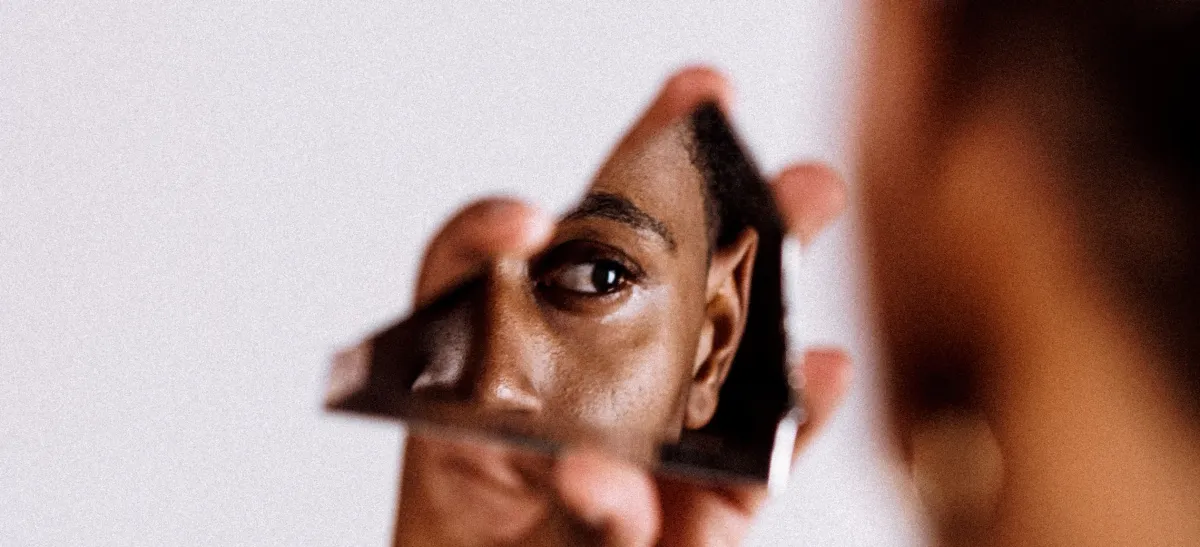Recognising the Trauma African Daughters Encounter in Families Privileging the Lives of their Sons
Why we need to address and end the culture of the "golden son".

Access the Audio Read version of this article directly on Spotify for Podcasters.
"The solution to the resentment that African daughters face in homes of golden sons lies in daughters being valued and treated as human, which can only happen when sexism is erased and women's worth isn't tied to a husband."
In ‘Nervous Conditions’, the debut ground-breaking novel of Zimbabwean feminist writer Tsitsi Dangarembga, the narrator Tambu opens with a rather shocking statement that guides most of the story: “I was not sorry when my brother died. Nor am I apologising for my callousness, as you may define it, my lack of feeling". Aware that her words might make her seem wicked or impassive, she explains how her education was ignored for his benefit, and how his entitlement as their parent’s only son made him violent towards her and her sister.
I have provided this backdrop to speak on a lesser explored topic when it comes to African daughters. More progressive discourse around daughters in African households tends to focus on the burden faced by first daughters to be assistant moms. While that is progressive and necessary, there needs to be space to uncover the harm done on the psyche of African women who grow up knowing that even their birth was a compromise on the way to getting the "golden son".
I am Nigerian and part of the Igbo ethnic group. In most Nigerian ethnic groups, a woman's worth is measured not just by her ability to have children, but also by how many sons she has. In Igbo culture, it is often implied that a woman's inheritance is not secure until she births the son who will inherit the father's wealth that she may survive on. Again, in this culture, women are not given landed inheritance and are often told that: "your inheritance is in your husband". This is untrue because it is also not uncommon for Igbo widows to have the collectively built wealth stripped off them upon their husband's death by his brothers - even if there were sons.
I am also the second girl in a family of three children. My brother is our last born. Although my parents intentionally raised us to not think my brother was special, other people thought otherwise. My mum once told me how upon my birth, my father's relatives told her that she wasn't a real woman for birthing two girls, and that a "real woman" was one who could "give her husband multiple sons". There were also instances where outsiders told my elder sister that she must respect my brother because he was the "direct head of the family". I cannot describe how repulsive it was to hear all of this. I also cannot describe how heartbroken I felt, when an uncle told my sister and I that we didn't matter on a trip to see ancestral lands because "your brother will inherit and you would go to your husband's houses".
To further understand how this phenomenon of the "golden son" affects African women, I spoke to four women, who agreed to share their experience on grounds that their identities be kept anonymous.
Esther*, a lifestyle writer, explained that seeing her brother receive preferential treatment, has led her to being extremely self critical and seeing herself as less deserving of good things in life. She went further to add: "When our new home was built, my father took time decorating my brother's much bigger room and didn't do much for the single room which my sisters and I had to share. He was the one my father felt the need to explain why he had married a new wife". She also shared that her sisters and her were once expected to cook and clean after their brother, and that her mother "basically worships him".
Meanwhile, Chioma* remembers her mother calling all her sisters to pray that the next baby be a boy due to fear that her father's family "will chase her out". Although her brother is the last born in a family of four girls, she says that she "already knows he is going to take a huge part of [her] bride price".
I also spoke to Ibari*, who said that her parents beat her for things her brother was excused for, leading to resentment. She also said "the standards were higher for me and I was irritated by his presence".
Although her brother is dead, Ebahi*, the sixth daughter of seven children, told me: "He got told yes a lot while my sisters and I mostly expected a no". She also mentioned that upon her birth, as the sixth daughter, her father refused to enter her mum's room for two weeks. When asked how she dealt with the resentment, she said: "To let go of my anger, I've washed my hands off it. I simply don't care".
So where do we go from there? Esther, Chioma, Ibari, Ebahi and myself are not alone in dealing with the case of the "golden son", and the problem needs to be addressed within our families and homes if we want it to change. Our trauma needs to be recognised first, if we ever want mentalities to change.
The solution to the resentment that African daughters face in homes of golden sons lies in daughters being valued and treated as human, which can only happen when sexism is erased and women's worth isn't tied to a husband.
If we do not see girls as human but as prospective wives who shall "leave the father's house", it is only to be expected that they will be seen as temporary placeholders and burdens in the home of their parents.
*Names were changed on request





